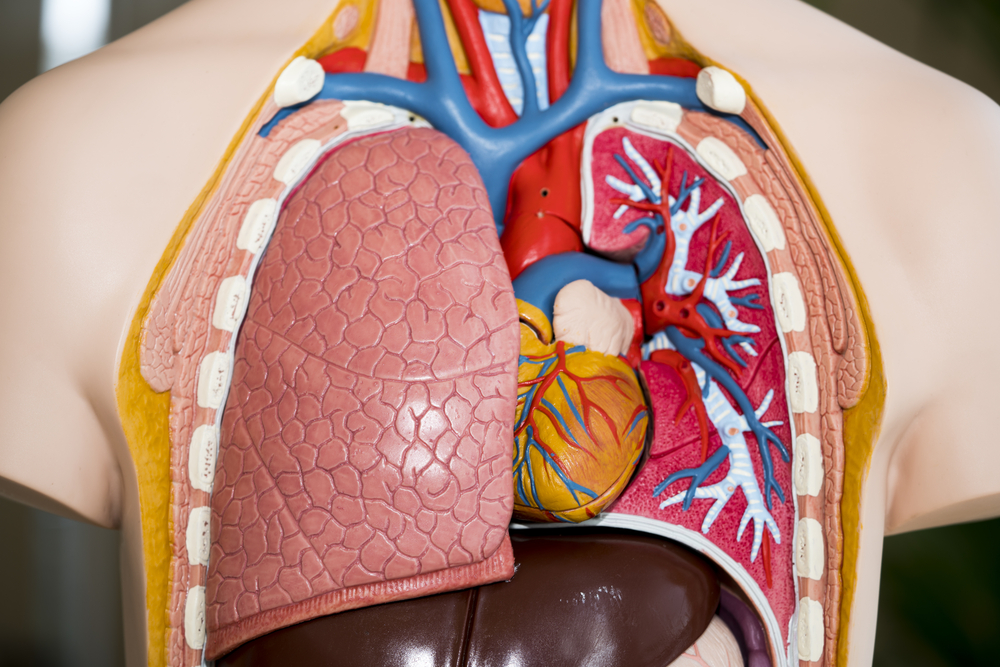Apelin Improves Pulmonary and Cardiac Functions in PAH Patients, Clinical Trial Shows

Apelin, a peptide naturally produced in the body, reduces resistance in the pulmonary vascular system (blood vessels) and improves cardiac function in patients with pulmonary arterial hypertension (PAH), results from a clinical trial show.
The therapy’s effects were even greater in patients also taking PAH medication, especially those on phosphodiesterase type 5 (PDE5) inhibitors, such as Revatio (sildenafil) and Adcirca (tadalafil).
Results of the trial (NCT01457170) were published in the study, “Short-term hemodynamic effects of apelin in patients with pulmonary arterial hypertension,” in the journal JACC Basic to Translational Science.
Apelin binds to receptors on cells from the cardiac and vascular systems, which includes endothelial cells and vascular smooth muscle cells. In animal models, the molecule was found to promote the relaxation of blood vessels, reduction in arterial blood pressure, and increase in cardiac contractility.
Apelin was also tested in healthy individuals and patients with heart failure under various clinical trials (NCT00901719, NCT00901888, NCT01049646, NCT01179061), and was shown to improve heart function. Its potential as a vasodilator was also confirmed.
These positive effects encouraged researchers to study the short-term effects of the peptide on the pulmonary and cardiac functions of PAH patients.
Discuss the latest research in the PH News forum!
In this double-blind, randomized study, 19 PAH patients received intravenous apelin or placebo. Each patient was administered three ascending doses of the treatment, each lasting five minutes, at 10, 30, and 100 nmol per minute. Pulmonary and cardiac functions were measured five minutes after each infusion.
Apelin administration caused an increase in the concentration of apelin in the blood and a reduction in the resistance of the lungs’ blood vessels of PAH patients. The treatment also improved cardiac function and stroke volume — the volume of blood pumped from the left ventricle per heartbeat.
Despite these positive results, the team saw no changes in pulmonary arterial pressure or heart rate.
Of note, the effects of apelin treatment were enhanced in a subgroup of patients on PDE5 inhibitor therapies, suggesting that a combo treatment may be a new potential therapeutic strategy for PAH.
Overall, the team concluded that “short-term apelin infusion reduces pulmonary vascular resistance and increase cardiac output and stroke volume in patients with PAH,” and that “due to its short-term hemodynamic effects, the apelin pathway may be an exciting potential therapeutic target for the treatment of PAH.”
They emphasized that more studies are needed to determine the long-term effects of apelin in PAH, and that further “drug development is required to develop an oral or inhaled preparation that can be easily delivered to enable prolonged apelin agonism, in order to avoid the difficulties of long-term infusion treatments.”







